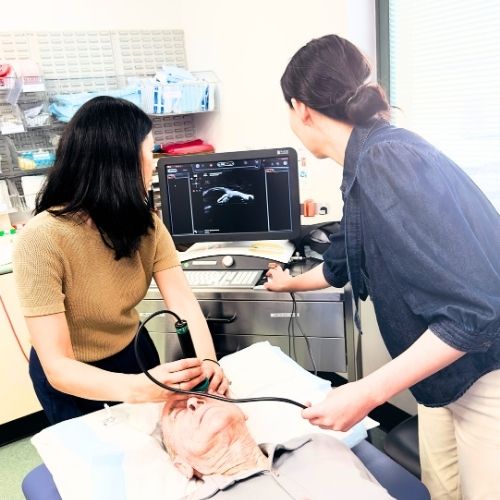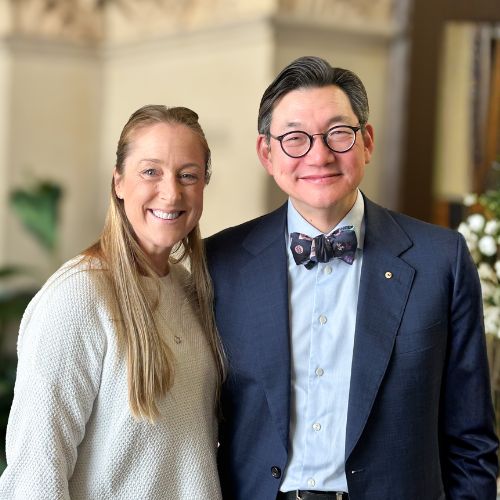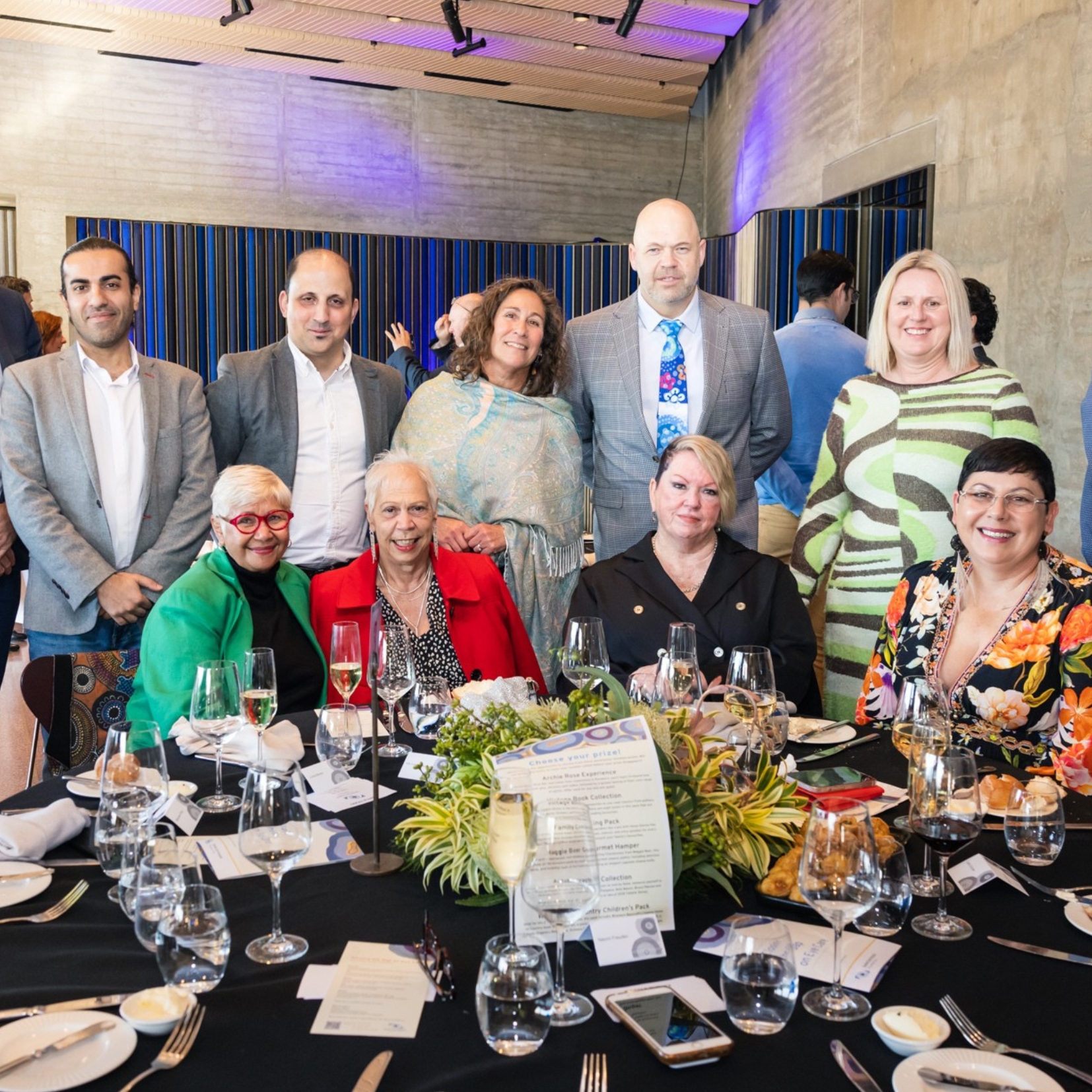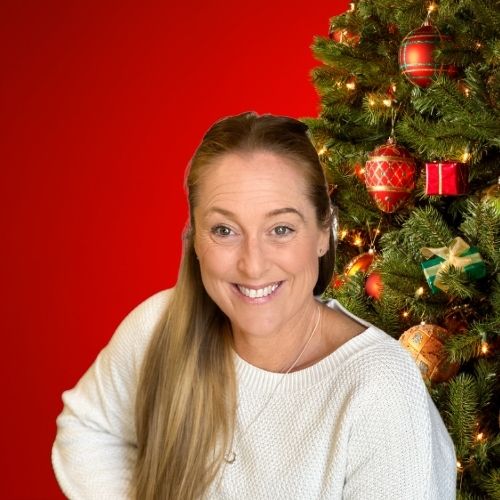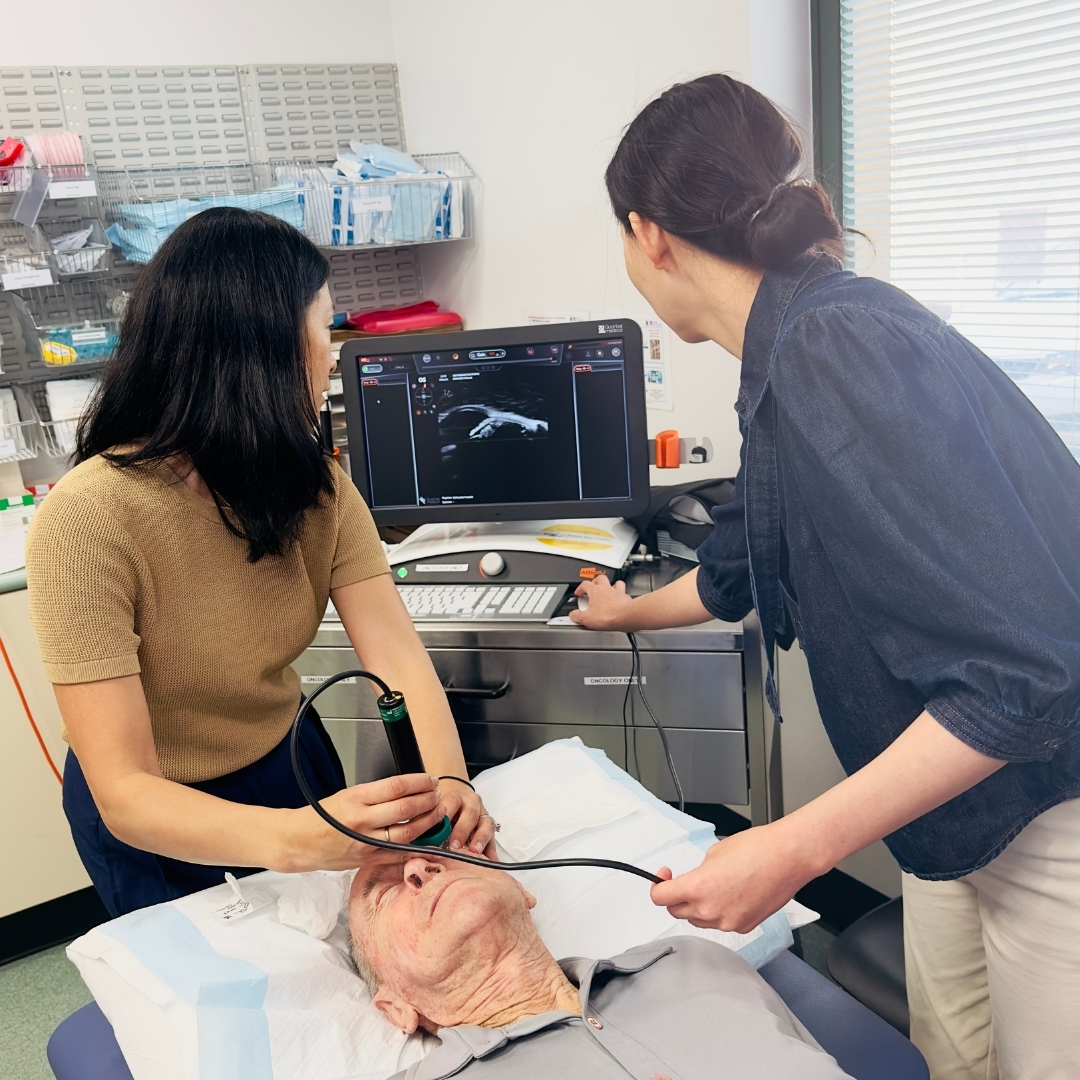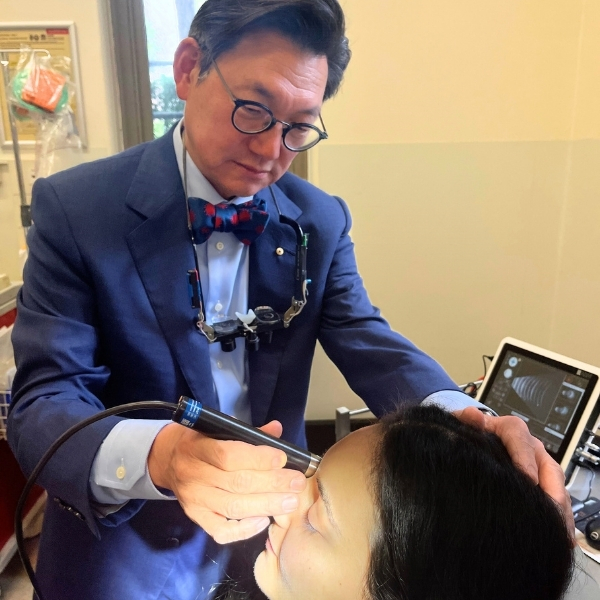Erik’s experience with a genetic eye disease that needed an organ transplant was, in his words, “a wake-up call”. Now he feels a strong sense of responsibility to help others by telling it.
As a travelling chef, Erik has had the privilege of seeing some of the world’s most breathtaking places. He fondly recalls vivid memories of the beauty he’s encountered.
Though Erik felt lucky, on reflection, he admits, he took his sight for granted.
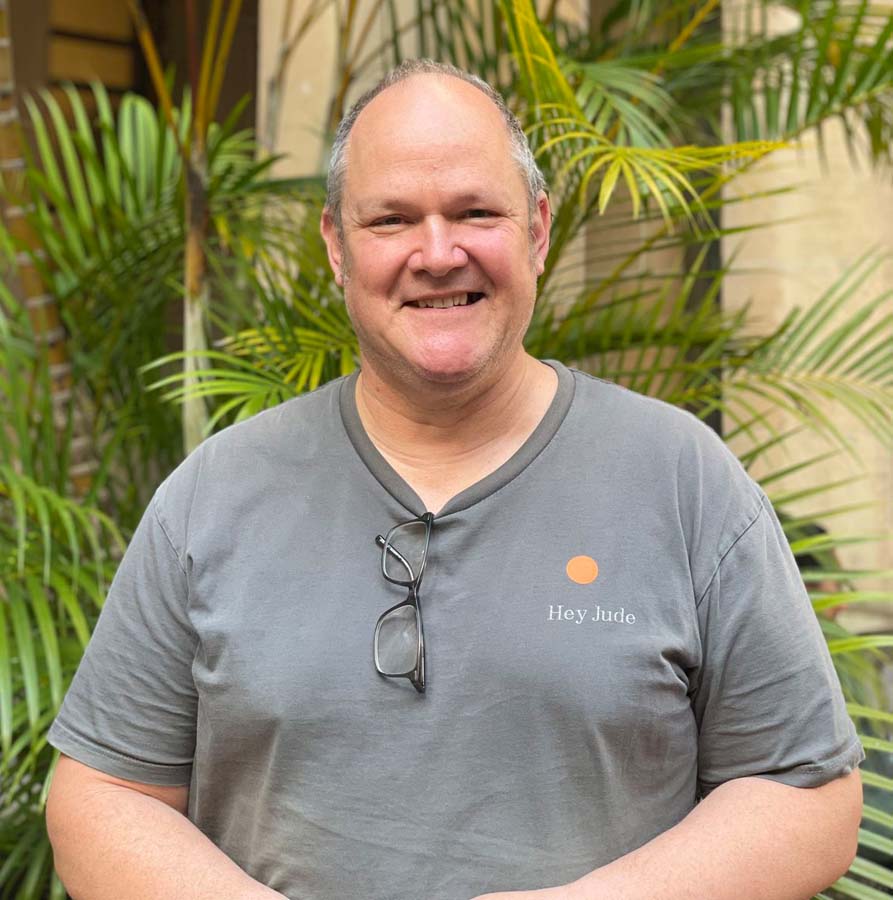
In his late 40s, symptoms that started as minor went on to severely impact Erik’s quality of life. His vision was getting blurrier and blurrier. His eyes were sore. He couldn’t drive.
Eyes have been described as “windows to the world” because of how much we rely on them above our other senses. Not only do they help us function independently, but they also allow us to embrace life completely.
Erik was examined extensively using sophisticated testing technology to determine the exact cause of his symptoms. Eyes are so small and yet complex advancements in technology today enable specialists at Sydney Eye Hospital to detect and treat conditions with greater accuracy and safety.
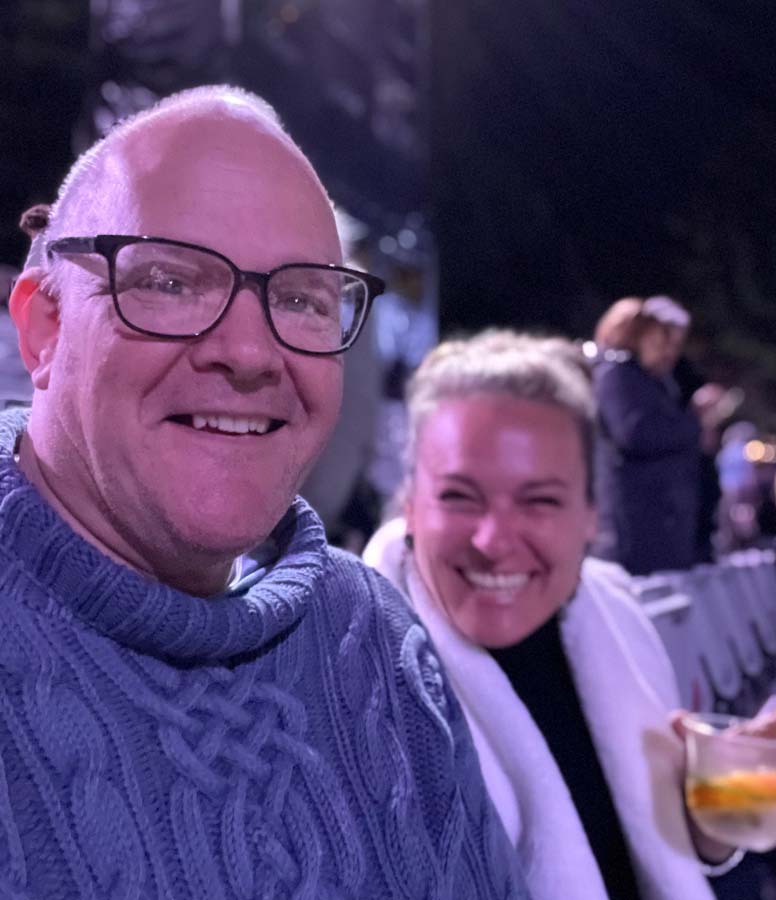
Professor Stephanie Watson OAM, head of Sydney Eye Hospital’s corneal unit and a globally recognised leader in her field, gave Erik the answers he needed but wasn’t prepared for.
He was diagnosed with Fuchs’ (pronounced fewks) dystrophy, a degenerative eye disease that’s often inherited and affects the corneal layer of the eyes.
Because it develops over time, early symptoms can be subtle, even difficult to detect until it’s too late and the corneal cells have degenerated. This usually doesn’t happen until after the age of 60, though sometimes decline is more rapid.
Erik was only 49, and while he found his diagnosis daunting, he felt grateful to have access to experts like Professor Watson, who he described as “phenomenal from day one”.
Specialist training is vital when it comes to diagnosing and treating complex eye diseases.
The Sydney Eye Hospital is responsible for training half of the emerging eye doctors in Australia, and many beyond. It’s a huge and resource-intensive responsibility, and additional support through Sydney Eye Hospital Foundation provides tools to prepare for the challenges ahead.
Australia’s ageing population and lifestyle factors are leading to a rise in eye conditions and that in turn puts pressure on the health system.
Fuchs’ is not uncommon (it affects 1 in every 25 people in this country over the age of 40), but that aside, we are all likely to experience at least one eye condition in our lifetimes.
“When it comes to degenerative eye diseases like Fuchs’,” said Professor Watson, “if the condition becomes symptomatic, we can offer treatments such as partial corneal grafts to restore vision.”
“Erik’s vision had deteriorated, and he’d developed cataracts, this meant he needed both corneal graft and cataract surgery,” she said.
This highly technical procedure involves replacing part of the cornea with corneal tissue from a donor and isn’t without risks.

Dr Tanya Trinh is leading research at Sydney Eye Hospital into corneal transplant surgery for Fuchs’ dystrophy to address some of the challenges associated with this complex procedure and to give patients the best chance of success. Funding makes these projects a reality.
“Thanks to community support through donations to Sydney Eye Hospital Foundation, research has given us a better understanding of genetic diseases – which can be complicated,” said Dr Trinh. “For example, intervening earlier with mild to moderate Fuchs’ in the future will have the potential to delay and potentially avoid corneal transplantation with emerging therapies – it’s a very exciting space to be in.”
Erik wasn’t aware of any family history.
“This has shown me that we have a responsibility to record our medical history and hand it on to the next generation. Your children and their children should know about it,” Erik said.
And although Erik wishes he’d had more regular eye checks as a younger man, this experience has given him a renewed perspective and an overwhelming sense of gratitude.
“It’s just a tiny layer in the eye, but it’s a big thing for me,” said Erik. “It’s a gift to be able to see properly, and it wouldn’t be possible without the hospital, the organ donor and donations to the Foundation.”
Erik is now 55 and his experience has inspired him to help others. But he still worries about his teenage children inheriting Fuchs’. There’s no cure yet, and further research could at least give patients the earliest diagnosis followed by the simplest and safest care possible.
Research, technology, and training allow Sydney Eye Hospital to do more for patients and the wider community. And though eye conditions are rising and demands for services are increasing, your generosity will help us create better outcomes for generations to come.
“I’ve been given a gift. I can see.” – Erik


